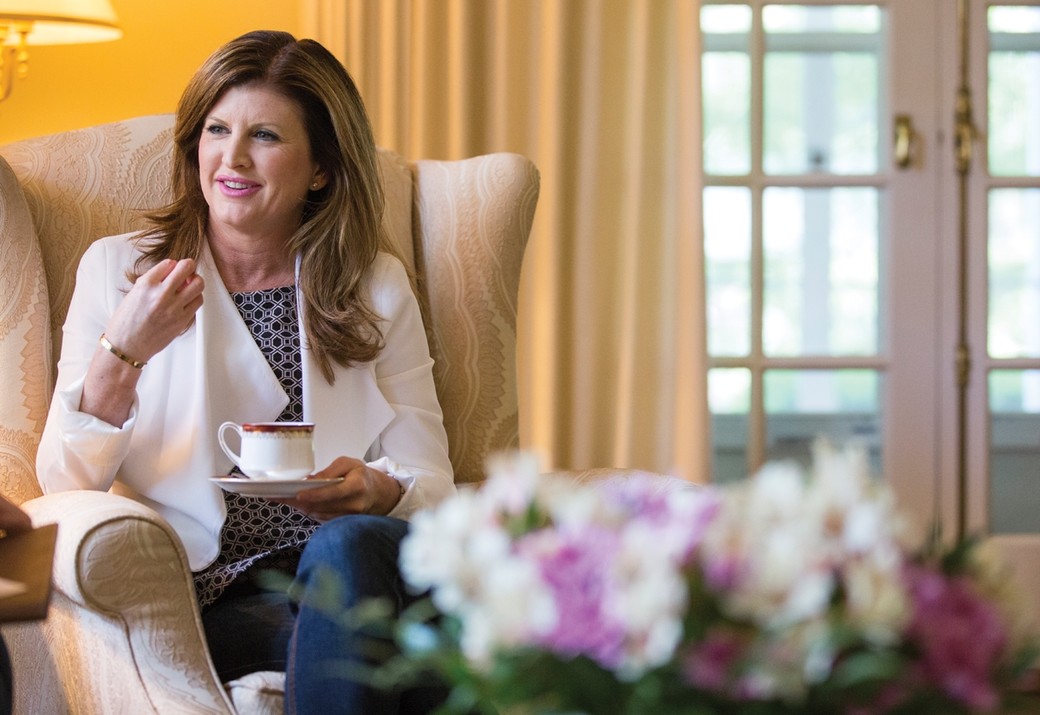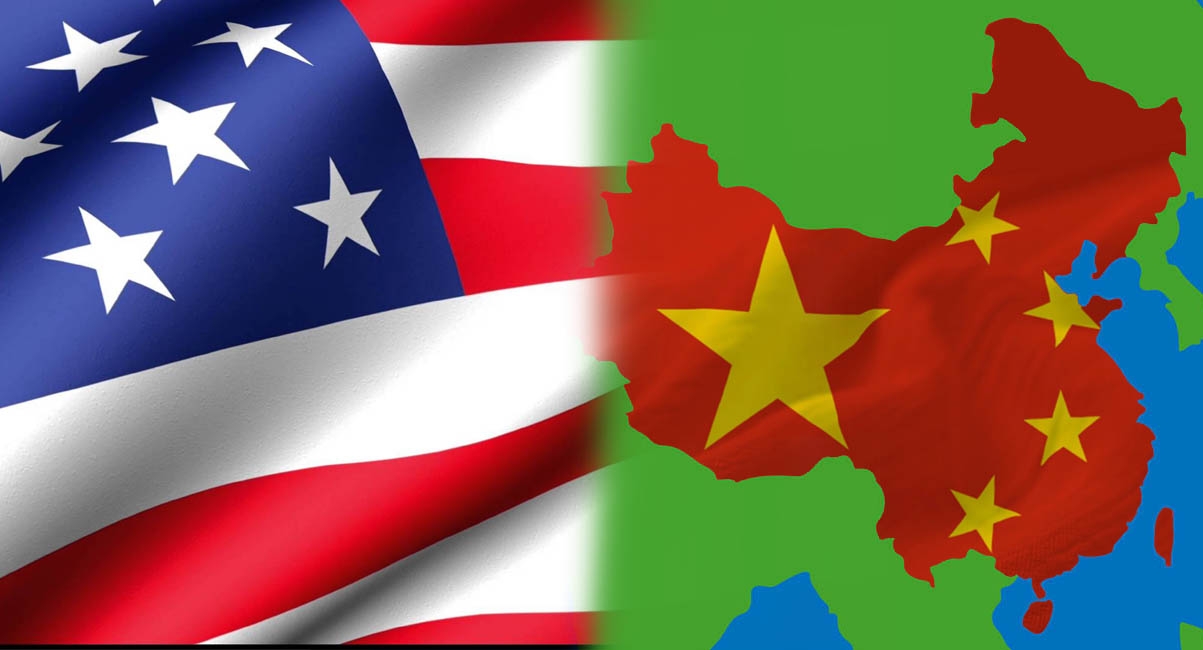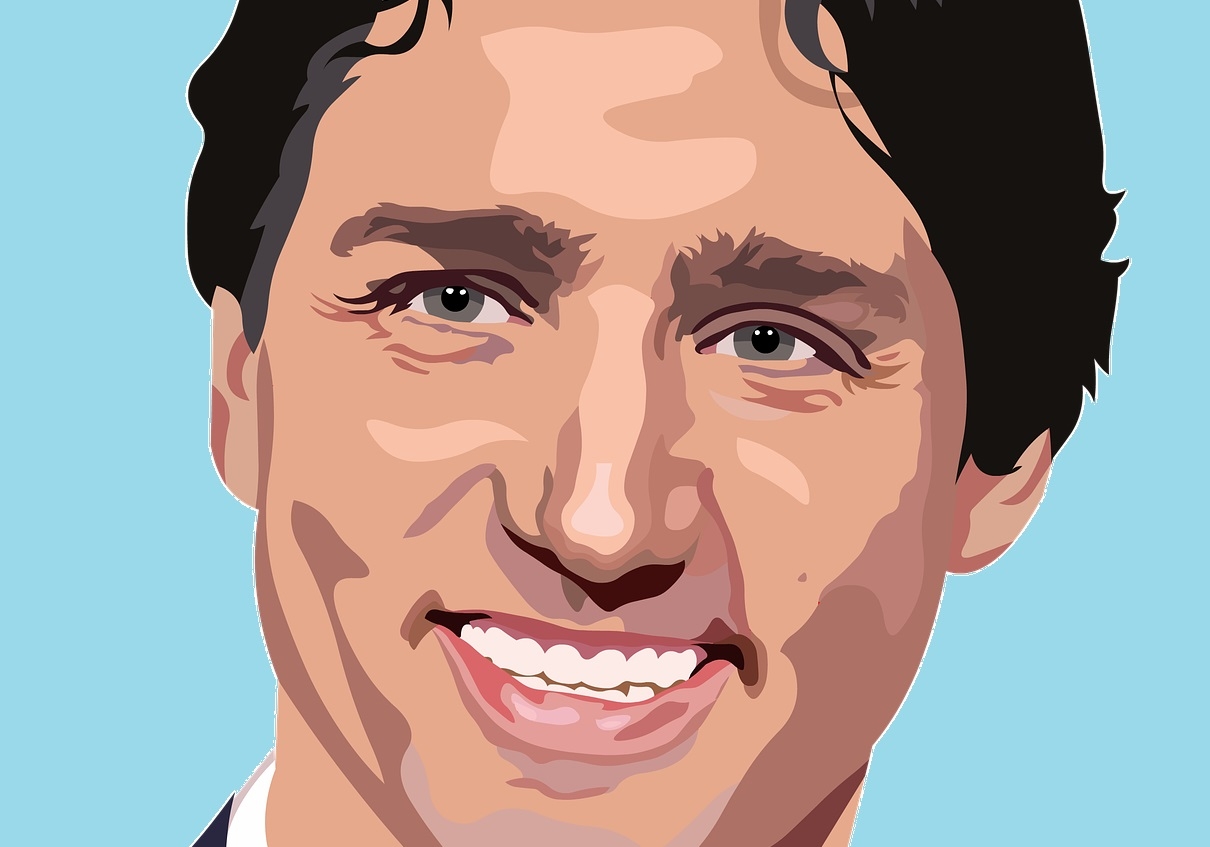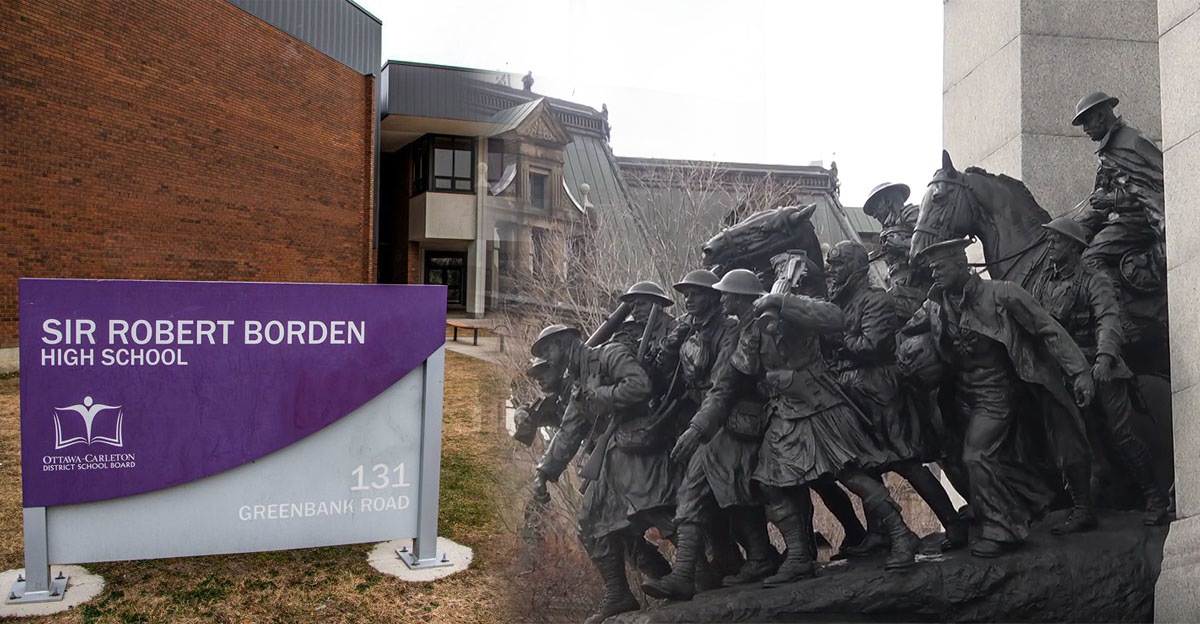
Parliamentary Wrap-Up Session With Rona Ambrose
Attention: Rona Ambrose is not running for the Conservative leadership. However, after a stellar performance in the last Parliamentary session many wish she would. We sat down with the interim Leader of the Official Opposition to discuss the last Parliamentary session.
OTTAWA LIFE MAGAZINE: What are your observations of the new Liberal government over the last Parliamentary session?
HON. RONA AMBROSE: They have done a lot of consulting, and they still seem to be trying to find their way. Things seem a bit unorganized. I understand that it takes time to settle in. Prime Minister Trudeau didn’t come into office with much training. He was vaulted from leader of the third party to prime minister. Usually you spend time as leader of the opposition and then win an election and go into government. It’s the same for his ministers.
You have experience as a minister in government. Is there anyone who has impressed you so far or who stands out?
Minister of Health, Jane Philpott. During Question Period, she gives real answers and straightforward information. When I worked as the minister of health, opposition MPs would often come up to me and thank me for giving straight answers in Question Period or committee, and I always thought that was odd. But now being in the opposition, I see what they meant and how valuable that is. Philpott is constructive, forthright and respectful of the process.
What are your thoughts on Bill C-14? The assisted dying bill is a contentious issue, especially now that the Senate has weighed in on widening the parameters of who should be eligible.
The bill reflects a good balance. When it was brought to the House, there was, at times, emotional and passionate debate. I thought the bill was good and agreed with most of it, but I didn’t vote for it because it was an open vote and I still have some concerns. I think we need to add safeguards and provisions that address concerns raised by many in the disabled community and also for the mentally ill. It’s a very complex matter and there are so many ethical issues at stake. As for the Senate, it certainly has the authority to propose amendments but it becomes problematic when they entirely reject a bill sent to them by elected members of the House.
The government is indicating it does not wish to be part of the F-35 consortium. Prime Minister Trudeau says the F-35 fighter jets don’t work. Comment?
The Prime Minister’s remarks about the F-35 are simply not true: they do work. Decisions on fighter jets should not be made by politicians, but by the air force. The F-35s are better for interoperability; not having them would put us out of step with our allies. The previous Conservative government supported their purchase for Canada. However, the procurement was delayed over audit, budget and oversight issues. The Hornet that the Liberals are now talking about is a good fighter jet but sole-sourcing is not the answer. The Liberals should have an open competition to see which planes to buy, but they won’t because they know if they did, the F-35 would win.
What about the debate on pipelines?
It’s interesting that Alberta’s NDP premier Rachel Notley campaigned against pipelines, and now she’s recognized they’re required and they’re safe. Now we have a Conservative premier from Saskatchewan, NDP premier from Alberta and Liberal premiers from Ontario and New Brunswick all supporting the Energy East pipeline.
There is similar debate around liquid natural gas (LNG) plants, most specifically the one proposed in B.C.’s Skeena Watershed. One hundred and thirty scientists wrote to the Prime Minister contesting the National Energy Board’s (NEB) approval of the project.
We have to trust the NEB’s process. They have made recommendations, and it will be problematic for the Liberals if they’re not going to listen to the science and evidence given to them by the appointed governmental body just because they don’t like the answer. They said decisions will be based on evidence. How can they not agree with the NEB on these issues? They are the body that decides what can happen based on all the input and the evidence.
The Conservative Party recently amended its opposition to same-sex marriage. What does that mean for the Party?
It was an important step. A large part of the Party is libertarian and they believe government should stay out of people’s lives. Then other Conservatives believe strongly in freedom and economic prosperity, and not to have their government interfere in their lives. There are also representatives from the LGBT community in the Party, so I’m very pleased and proud that the change was made.
Can you comment on the previous Conservative government’s handling of Aboriginal Affairs in Canada?
I think we did much more than we are credited for. Stephen Harper officially apologized for residential schools and initiated the Truth and Reconciliation Commission. The Conservative government settled many comprehensive land claims and was also very focused on Aboriginal economic development programs that were starting to show signs of success. A significant push was made for improving the conditions and funding in education for Aboriginal children via new federal legislation. Unfortunately, that legislation, which would have injected $2-billion new dollars into education for Aboriginal children across Canada, was halted because of an internal rift within the Assembly of First Nations. This caused AFN Chief Shawn Atleo to leave. The legislation had widespread support across the country so it is sad that it did not proceed. I think it is fair to say that we (the former Conservative government) did not communicate very well in regards to the many things we did on the Aboriginal file.
You were affected personally by the Fort McMurray Fires. Are you confident the government is doing everything properly to assist the residents as they go back and rebuild?
There was a lot of support from the Alberta government and the private sector and NGOs. The federal government has also been assisting – as they should – but I will take a “wait and see” attitude as people come home from the fires and work at getting back on their feet.
Finally, many in the Conservative Party and many media pundits have suggested that you are making the Tory Leadership race tough because of your impressive performance to date as Interim Leader. Many are saying you should be allowed to run so you can stay on.
I took the job as interim leader and I am not running. I’m going to start wearing a t-shirt that says, “I’m not running.” The Conservative Party has so many great potential leaders from within politics and even some outside of politics. I’m sure we will pick a good one and then I’ll lend them as much support as I can.









